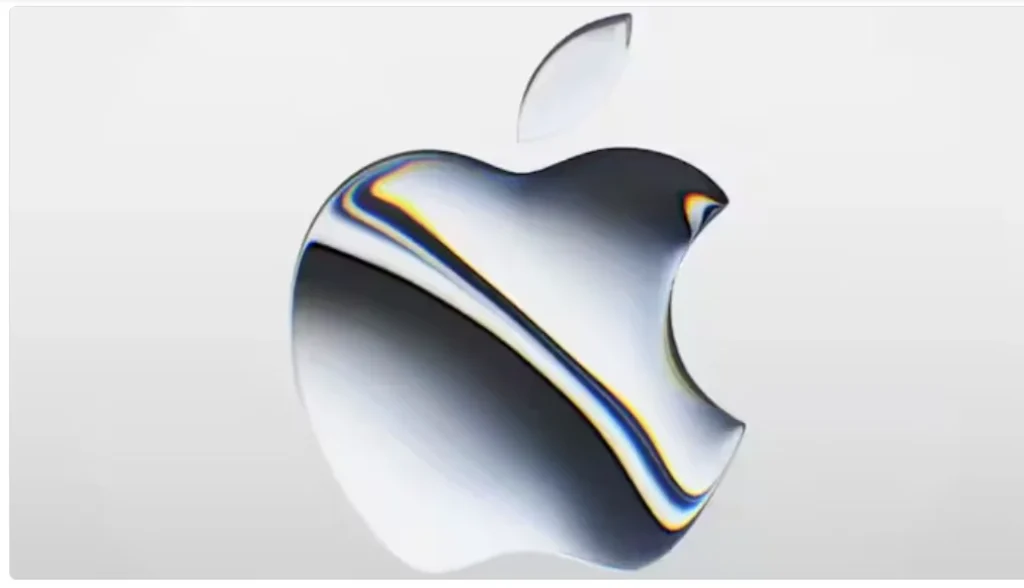Shares of key China-listed Apple suppliers tumbled on Monday following former U.S. President Donald Trump’s renewed threats to impose heavy tariffs on imported iPhones. The proposed tariffs have triggered concerns of a resurgence in the U.S.-China trade war, rattling both tech markets and investors.
Apple Suppliers in China See Stock Drops
Among the hardest hits were
- Luxshare Precision Industry Co. fell 2.2%
- Lens Technology Co.—down 1.8%
- Goertek Inc. – declined 1.1%
These companies play a crucial role in Apple’s supply chain, assembling iPhones and manufacturing components like AirPods and mobile screens.
Trump Threatens 25% to 50% Tariff on Imported iPhones
On Friday, Trump warned that iPhones sold, but not made, in the U.S. could face a 25% import tariff, with a potential increase to 50% starting June 1. The former president said the measure is part of his broader plan to reshore American manufacturing jobs, urging companies like Apple to produce domestically.
The latest tariff threats have renewed fears of an escalating U.S.-China trade war, which had shown signs of de-escalation in recent weeks.
White House Paused Earlier Tariffs but Maintains Baseline
Although the White House temporarily paused several tariffs imposed in April due to market backlash, including selloffs in U.S. bonds and the dollar, a 10% baseline import tax remains in effect. Trump also scaled back a massive 145% tariff on Chinese goods to a still significant 30%.
These actions underscore ongoing tensions in the global tech supply chain, particularly as it relates to Apple’s reliance on Chinese manufacturing.
Apple Accelerates iPhone Production Shift to India
In response to increasing tariff pressures and geopolitical risk, Apple is fast-tracking its iPhone manufacturing shift to India. The company plans to produce most iPhones sold in the U.S. at Indian factories by the end of 2026, reducing exposure to Chinese tariffs.
U.S. Manufacturing Not Yet Feasible for iPhones
Despite Trump’s push to bring iPhone production to the U.S., logistical and technological challenges remain. U.S. Commerce Secretary Howard Lutnick told CBS that automation would be key to manufacturing iPhones in America, creating jobs for skilled workers like mechanics and electricians.
However, in a later interview with CNBC, Lutnick acknowledged that Apple CEO Tim Cook informed him that technology needed for such automation is not yet available, making a full production shift to the U.S. currently unfeasible.
Market Volatility Returns as Tariff Tensions Flare
The threat of new tariffs on iPhones and Apple’s China supply chain has reignited trade war fears and shaken global markets. With Apple pushing to diversify its manufacturing base and Trump renewing his focus on domestic production, the future of global tech supply chains remains uncertain.












